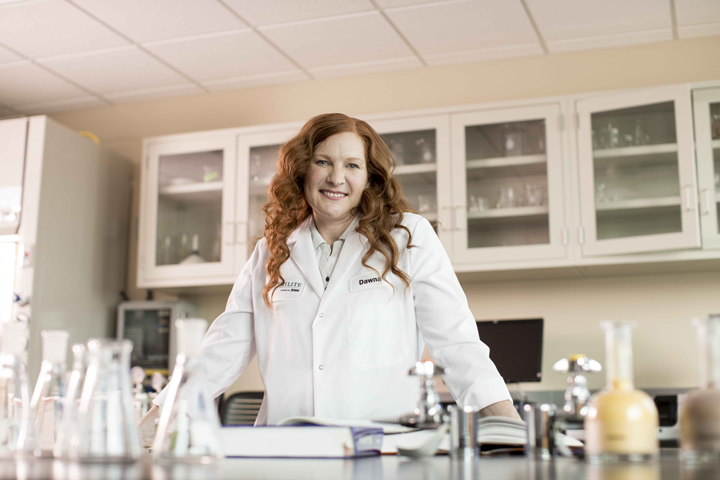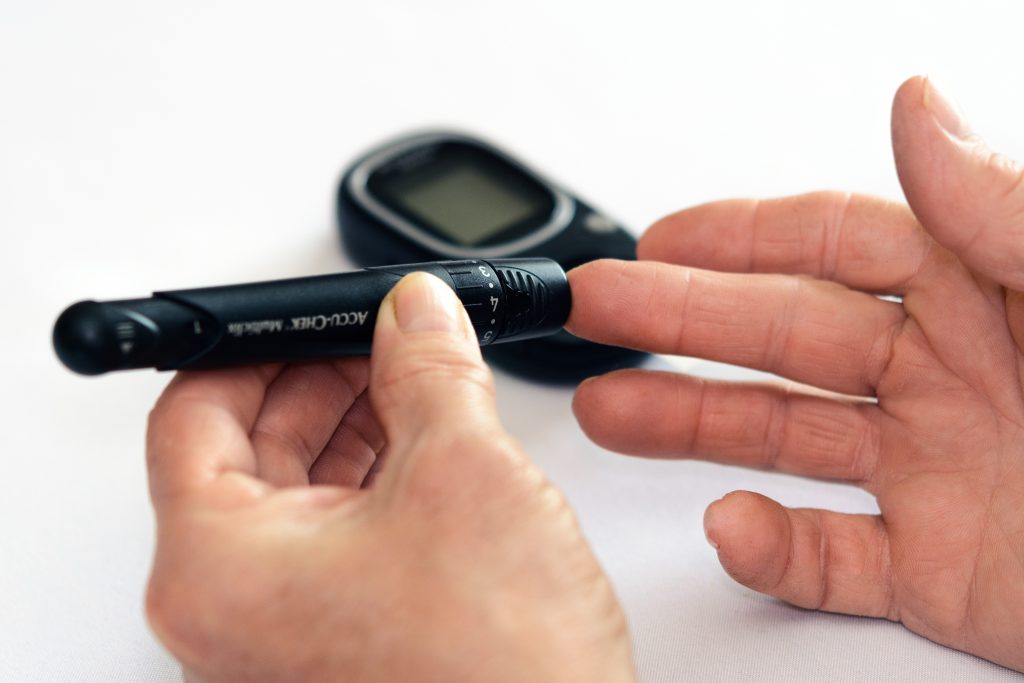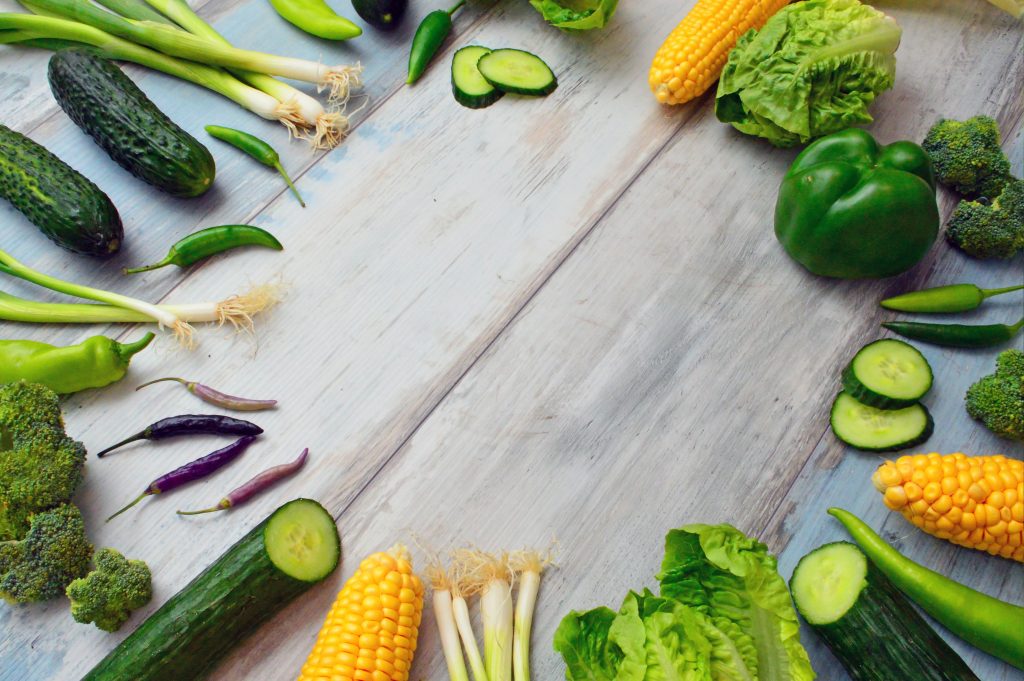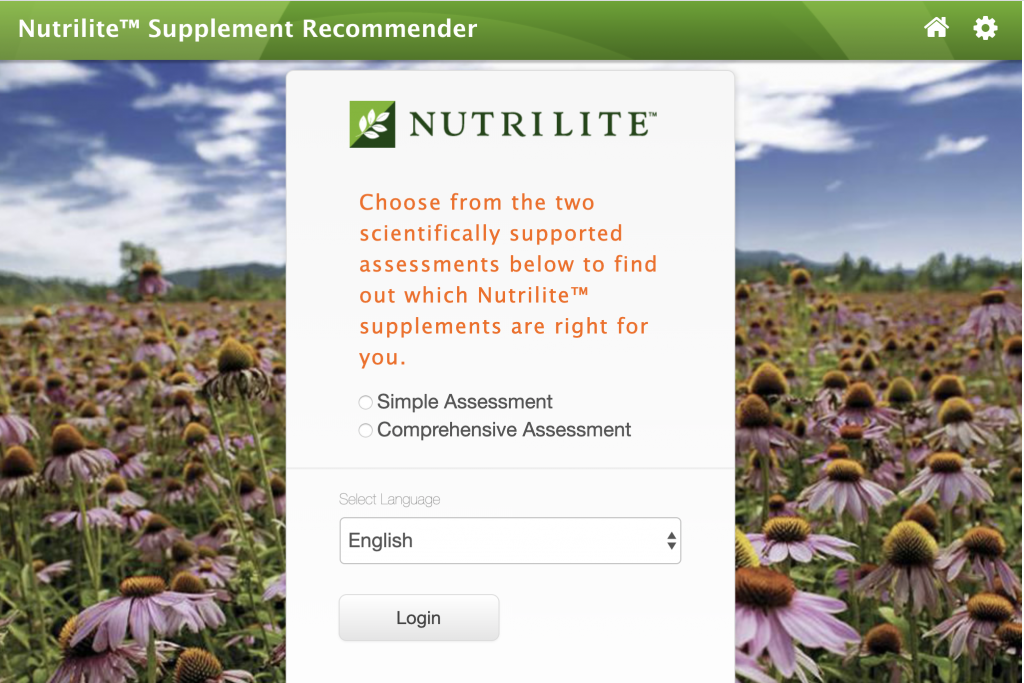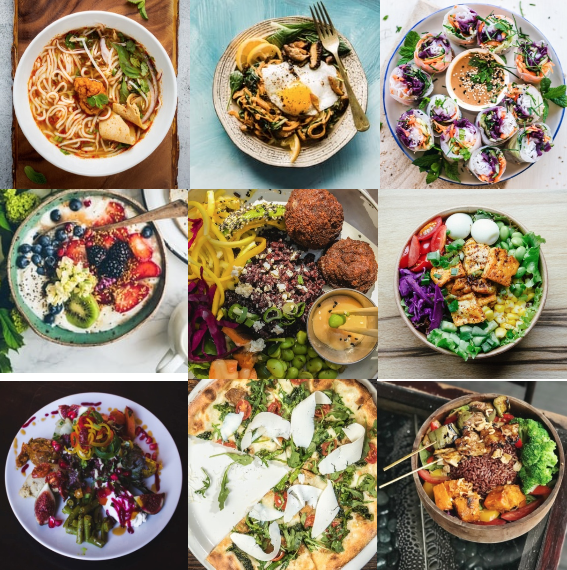
I find it heartwarming to see so many examples of resilience and compassion making headline news. Glass walls may separate the most vulnerable from their loved ones, but care and love are still on full display. Older folks may need to shelter in place, but neighbors are stepping up to help shop for supplies or lend a helping hand.
It’s important to realize just how connected we all are. If we focus on staying healthy and positive, we’ll have an easier time navigating the uncertainty ahead. Plus, the better we take care of ourselves, the better we are able to help those around us.

Putting it all into perspective
Staying informed can go a long way to helping you feel calmer. But be careful not to overdo it. Even the experts suggest that we take breaks from watching and listening to the news, including social media, to avoid becoming too anxious.
Staying positive can help too. In fact, a positive attitude is directly linked to a healthy immune system. What’s more, researchers recently found that optimism is a trait associated with living longer. For this study, the researchers compared results from two large, independent, long-term surveys. One survey was the decades-long Nurses’ Health Study with more than 69,000 women, 70 years of age on average, followed for 10 years. The other was the Veterans Affairs Normative Aging Study, with about 1,400 men, 62 years of age on average, followed for 30 years.
Both groups reported how optimistic they were, whether they felt in control of important situations in their life, and if they expected good or bad things to happen to them in the future. Findings are published in the September 2019 issues of the Proceedings of the National Academy of Sciences.
Not only did the more optimistic and positive participants live longer, they lived up to 15 percent longer. To me, that’s an impressive difference just by looking on the bright side of things.
“Optimistic individuals tend to have goals and the confidence to reach them; thus, optimism may foster health-promoting habits and bolster resistance of unhealthy impulses through greater engagement with one’s goals, more efficacious problem-solving, and adjustment of goals when they become unattainable,” explain the researchers.
Interestingly, the researchers say your outlook is about 25 percent inherited, but the rest is learned and influenced by your social connections.
Time to choose more foods that support your immune defenses
It’s always a good time to let your positivity and optimism shine. What better way to start than by focusing on a healthy diet to fortifying your body’s immune defenses?
Whether you’re heading to the kitchen to prepare more home-cooked meals or ordering food delivered, I encourage you to keep healthy food choices top of mind. Of course, before preparing or eating any food, it’s important to wash your hands with clean water and soap for at least 20 seconds. And, as you think about each meal and snack, ask yourself, “What is the best choice I can make to fortify my immune defense?”
For inspiration, here are five essential immune-boosting nutrients and ideas for foods you can add to your menu now and all year long:
1. Vitamin C
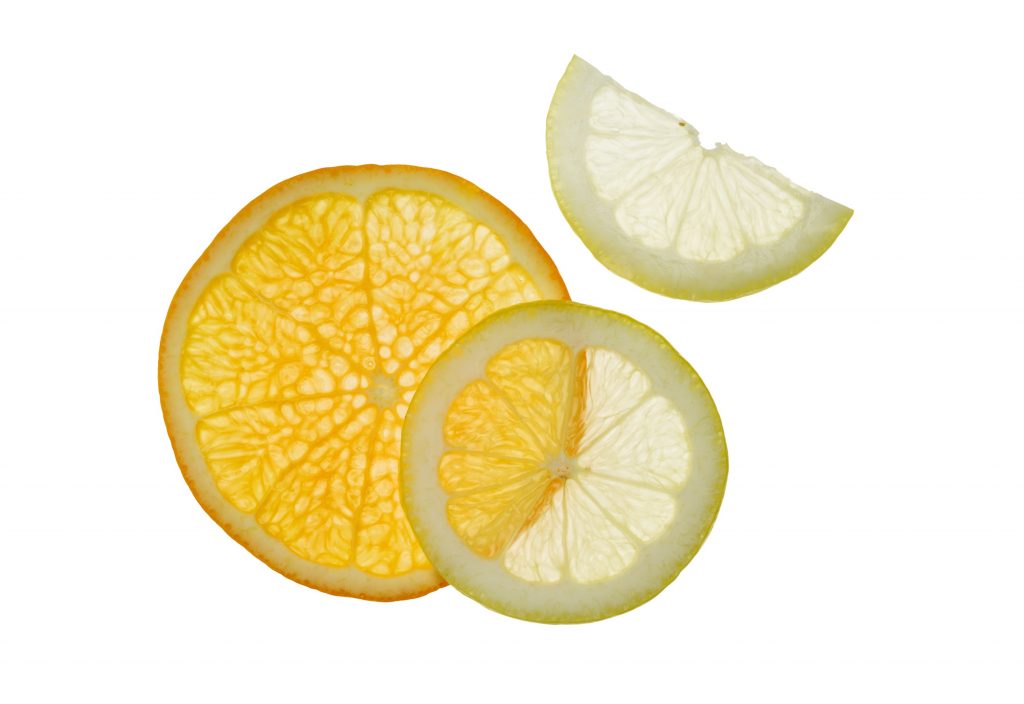
For all its body benefits, vitamin C is most recognized for its role in immune health. Without it, you would be hard-pressed to maintain the protective membranes that line your nose, mouth, throat and intestinal tract. Your body would also have a hard time producing and activating key immune cells and maintaining a healthy inflammatory response.
Fresh fruits and vegetables, especially oranges, lemons and other citrus fruits, are your best food sources. Although, don’t overlook frozen options as freezing helps retain the vitamin. In fact, commercially frozen foods are often higher in vitamin C than their fresh counterparts shipped across long distances and stored on supermarket shelves.
2. Zinc
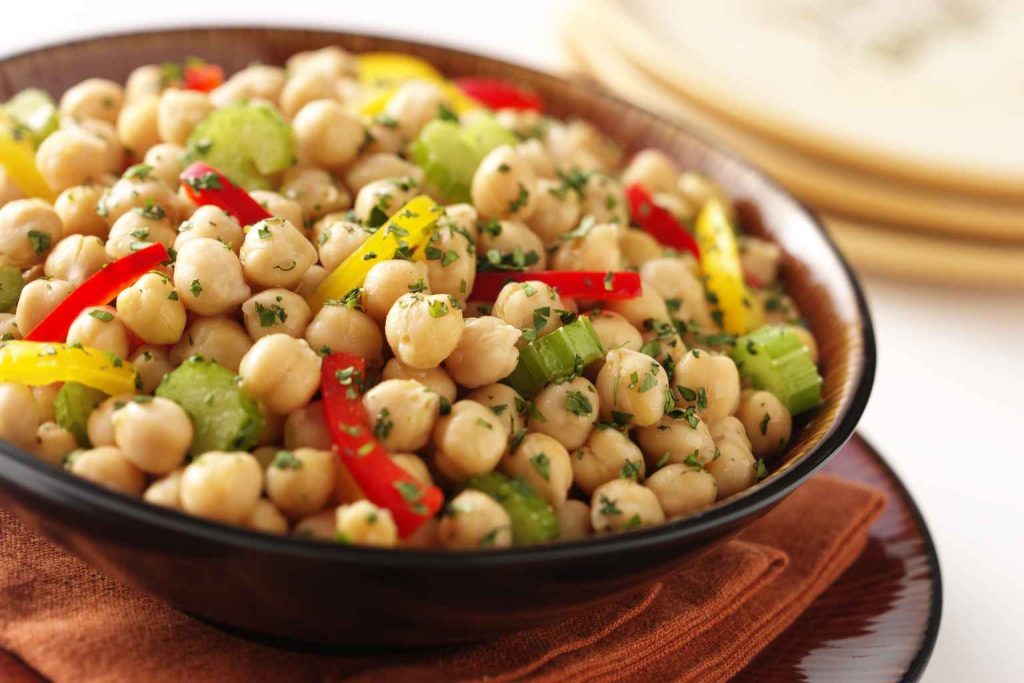
Zinc is critical for healthy immunity in large part because it is required for the optimal function of neutrophils, natural killer cells and other immune cells. Plus, zinc helps maintain the integrity of skin and the protective membranes that line the nose, mouth, throat and intestinal tract.
You’ll find zinc in meat, fish, poultry, milk and milk products, but don’t overlook plant sources such as nuts, enriched cereals, garbanzo beans and other legumes, and whole grains.
3. Vitamin A
Vitamin A helps maintain the integrity of your skin. In this way, it fortifies your body’s first line of defense against foreign invaders. Plus, vitamin A plays a central role in the ability of white blood cells to develop and differentiate. All good stuff for immune health.
Animal foods are a source of pre-formed vitamin A (retinol), but don’t overlook plant foods that contain carotenoids like beta-carotene that easily convert to vitamin A in the body. For this reason, one of the easiest ways to boost your intake of this protective vitamin is to add more fruits and vegetables to your daily plate, especially orange, yellow and green varieties.
4. Vitamin E
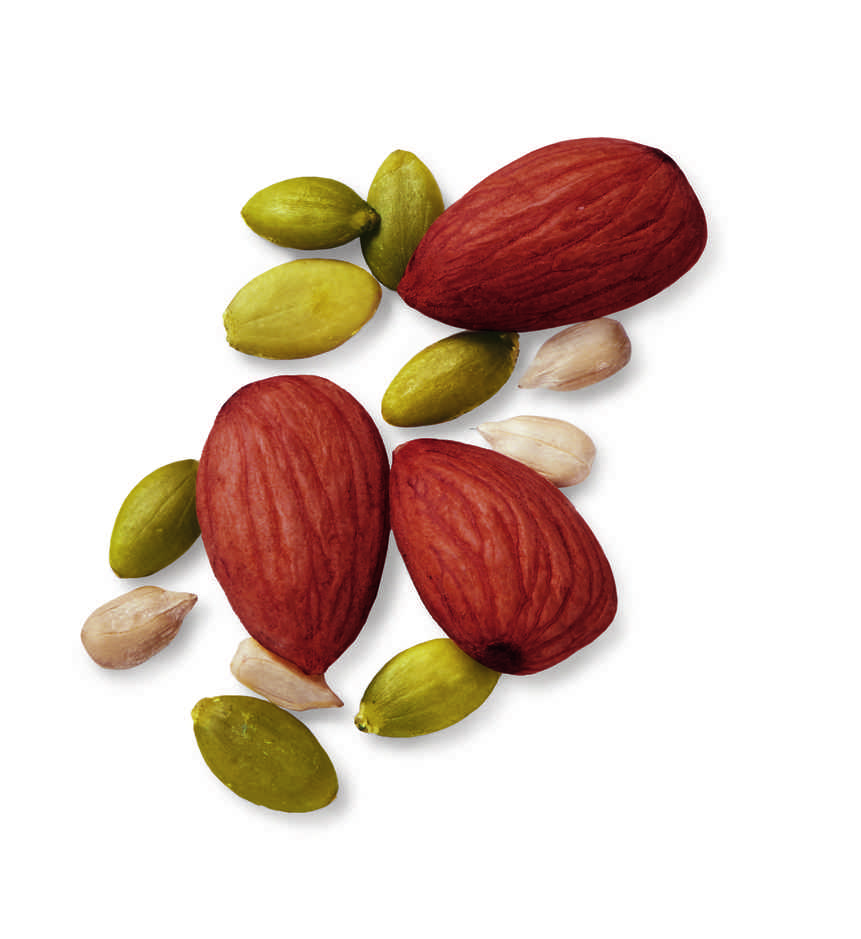
While most people recognize vitamin E as a powerful antioxidant, it also helps fortify the body’s immune defenses. Why? Molecules and enzymes in immune cells use vitamin E to help maintain optimal function.
Just about any meal or snack is an opportunity to boost your intake of vitamin E. You’ll find it in a wide variety of foods like fortified cereals, vegetable oils, seeds, nuts and nut butters. Fruits, vegetables and fish are also good sources.
Toss a few sunflower seeds on top of scrambled eggs at breakfast. Grab a handful of almonds as a mid-day snack, or serve up a spinach salad with a drizzle of olive oil at dinner. It all adds up to more support for your hard-working immune cells.
5. Vitamin D
In the body, the major circulating form of vitamin D (1,25-dihydroxyvitamin D) is a potent immune modulator. Nutrition experts attribute this action to an intracellular vitamin D receptor and key enzymes expressed by immune cells that metabolize vitamin D. So, it’s important not to skimp on this immune defender.
Yes, you can produce vitamin D in your skin from sunlight, but it may not be enough. So be sure to add food sources to your daily plate. Fatty fish, egg yolks and cheese are natural sources and other foods may be fortified with vitamin D.
Of course, you can fill any nutrient gaps between what your diet provides and what your body needs when you include Double X multivitamin in your daily routine.
The real value of prevention
There’s no debate that healthful habits practiced throughout a lifetime go a long way to helping people of every age stay healthy in good times and bad. All without spiraling healthcare costs out of control or putting an undue strain on the healthcare system and healthcare personnel.
While it may feel like we have little control over the environment or the economy these days, remember we do have control over how we react and adapt.
Stay positive and take good care of yourself and those around you.
Sending lots of love,

P.S. Don’t forget to subscribe to our RSS feed and have blog posts delivered right to your inbox.





